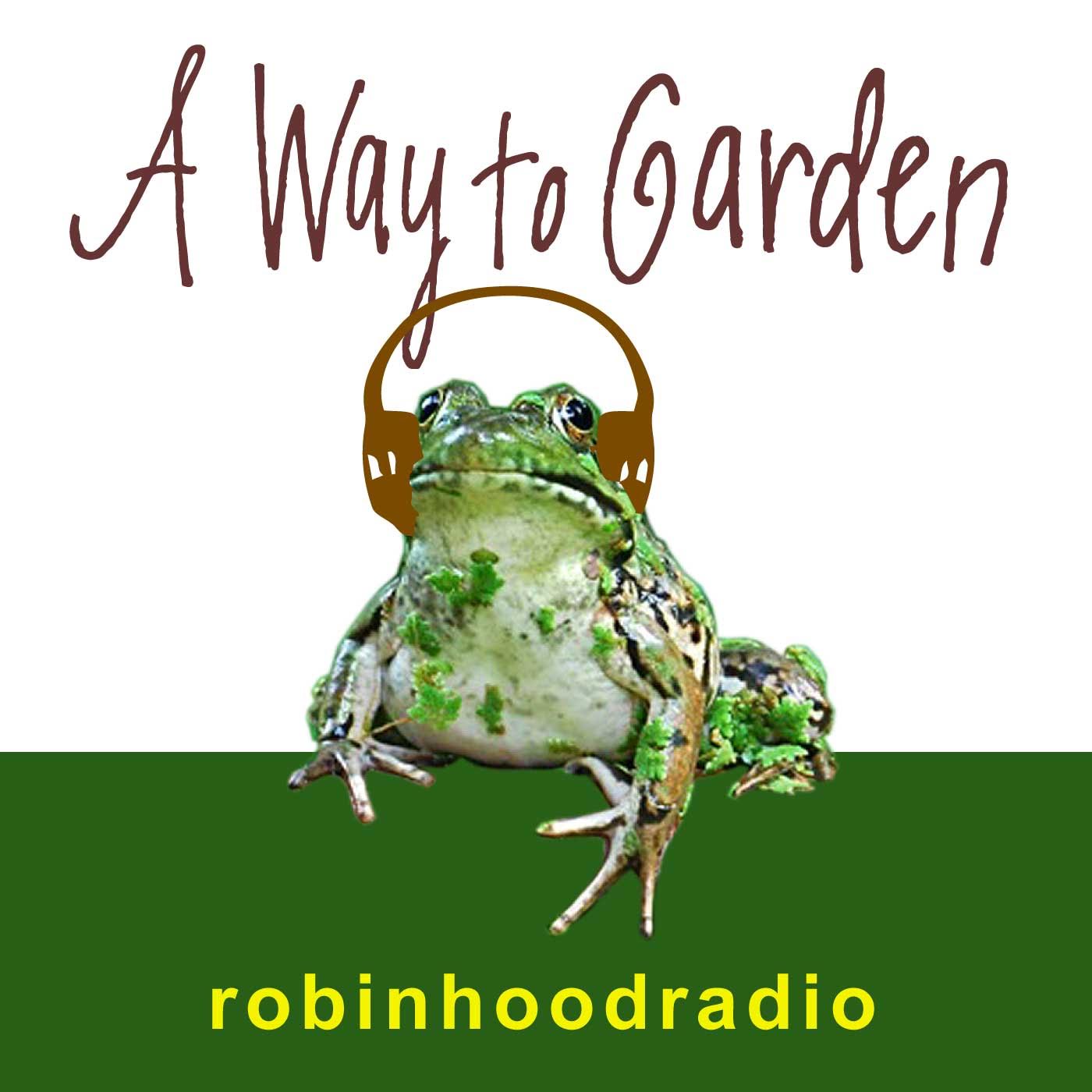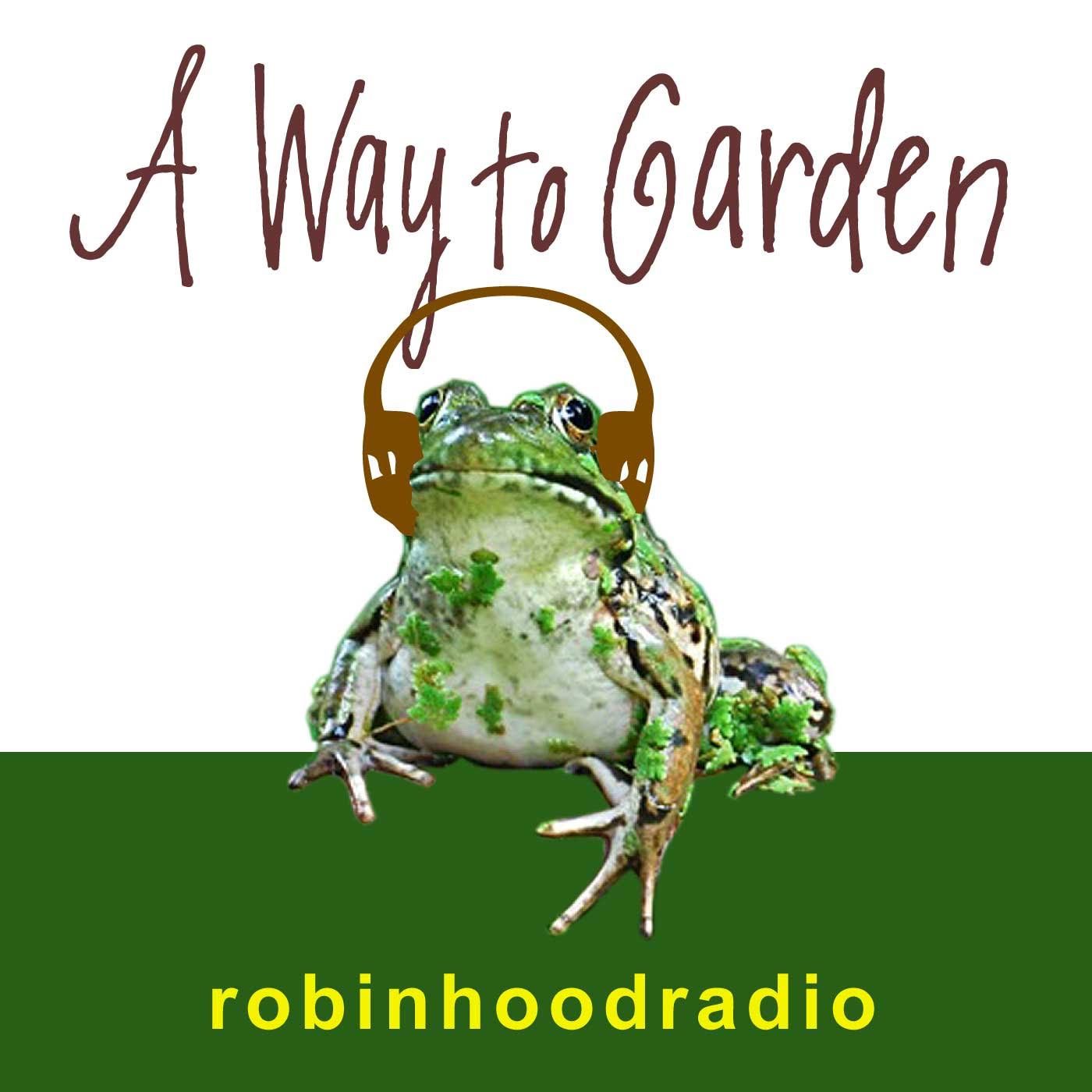No doubt all of you who are listening, all you gardeners, would agree that interacting with plants, and with nature, has a restorative benefit—that it has the undeniable power to lift us up and make us feel better.
That idea—that working with plants is therapeutic—is the foundation of the field of horticultural therapy. Today’s guest, Erik Keller, has practiced horticultural therapy for more than 20 years, using plants and nature to help clients, from cancer patients to special-needs children and disabled seniors, to cope, and to make positive life changes. He’s also author of “The Therapist’s Garden: Using Plants to Revitalize Your Spirit.”
Erik is a master gardener, and manages the gardens and horticultural therapy program at Ann’s Place in Danbury, CT, an organization assisting cancer patients and their families.
We don’t need to be in a formal horticultural therapy program, though: Erik wants to remind each of us of the positive power of what we’re doing outside, and give us some advice on how to maximize its benefit.

It’s Hydrangea season, and in the Northeast, in particular, this summer, it’s REALLY been a crazy hydrangea season in 2024, with billows of blue...

When I first started gardening, it wasn’t unusual to hear other gardeners lamenting the shady areas of their landscapes – wishing for more, more,...

Share this:TwitterFacebookEmailLike this:Like Loading...